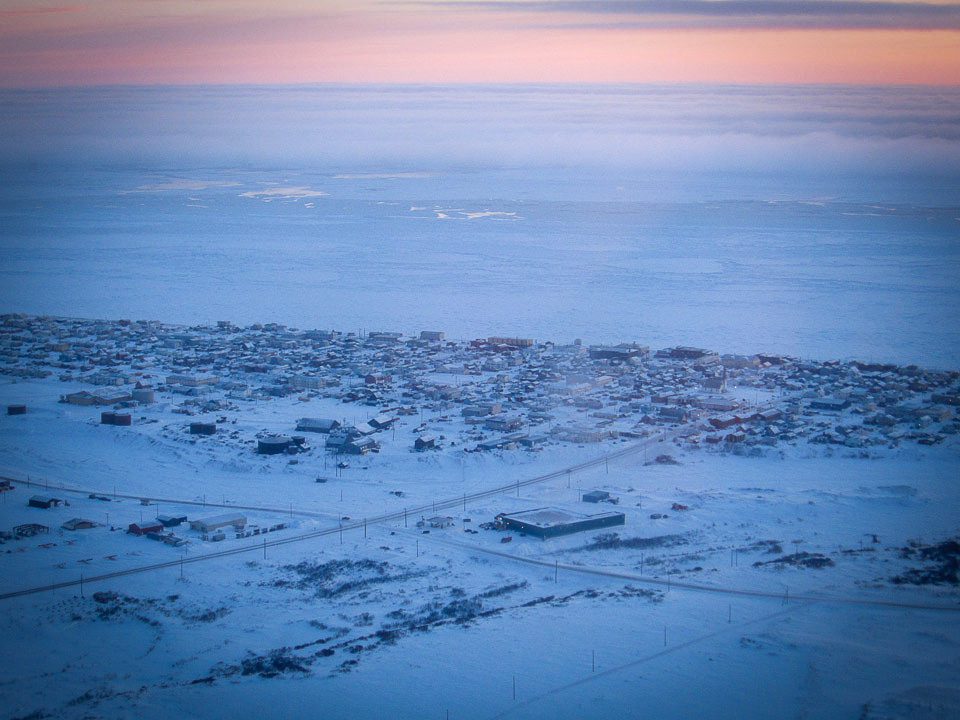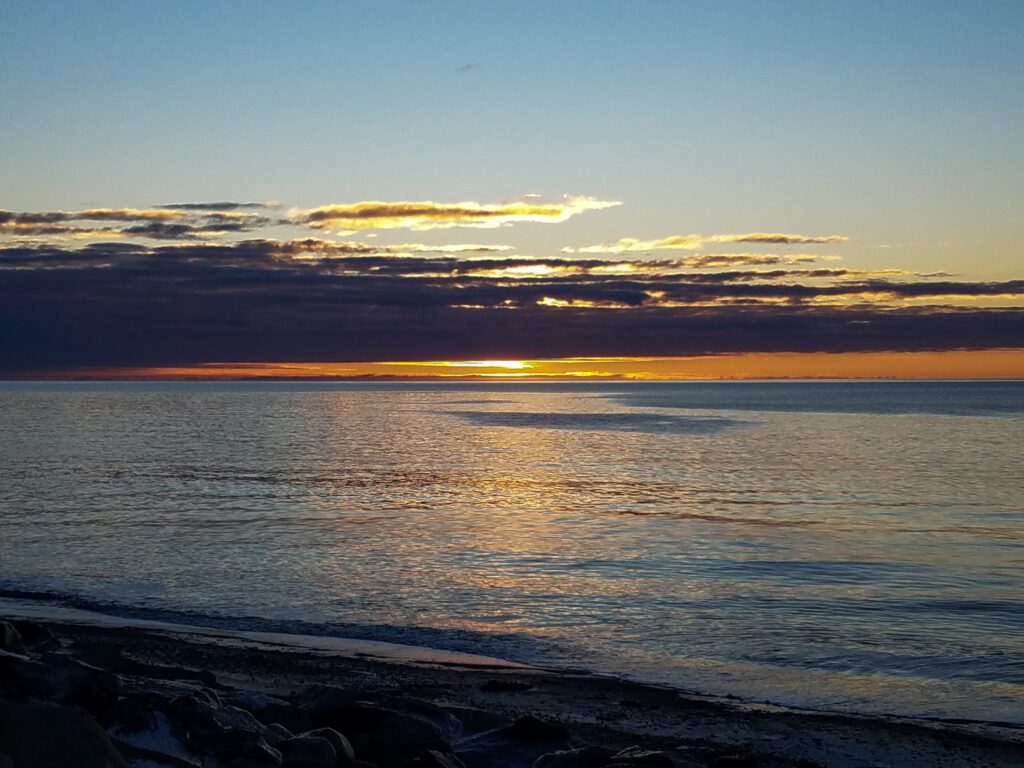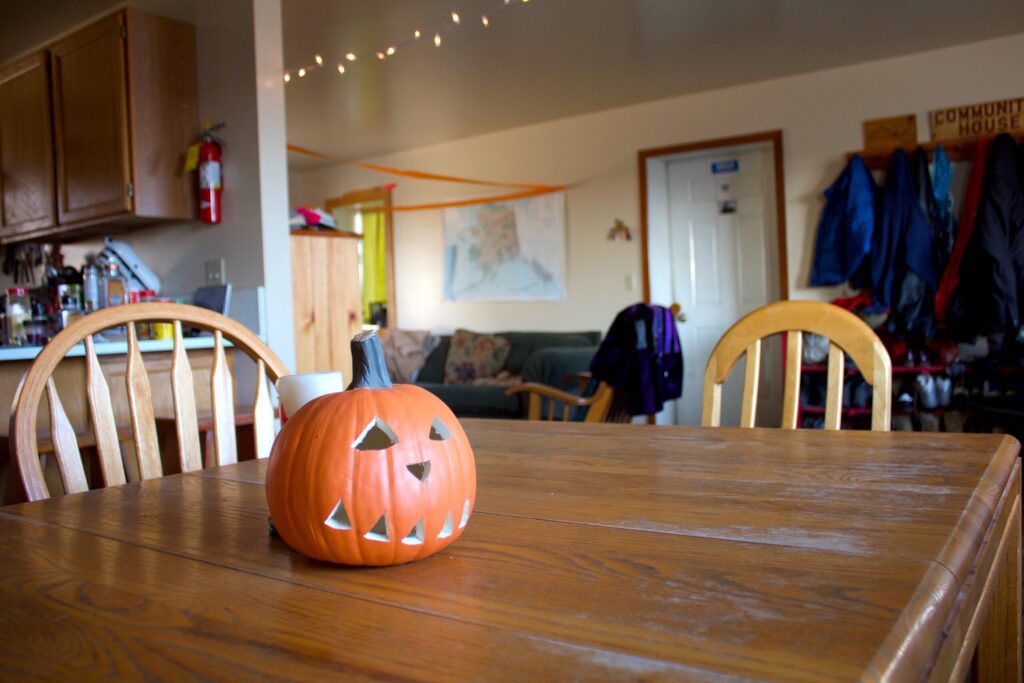KNOM Radio Mission stands on the shoulders of all the volunteers that have come before. For one, two or three years they give of their time and talents to enrich the airwaves and the mission of KNOM Radio. As they move on, volunteers take with them a wealth of experiences, memories, and relationships.
Former volunteer Jesse Zink shares impressions of his years in the KNOM Newsroom:
When I worked at KNOM and people asked me what I did, I’d often say, “I tell stories.”
The great virtue of being a news reporter is that you can call people up and ask them what’s going on. That’s what I loved doing in the two years I worked in the KNOM newsroom. I interviewed governors, lawmakers, senators, candidates for office, and, on one memorable occasion, then-Defense Secretary Donald Rumsfeld. In one way or another, they were telling stories—and KNOM was molding, shaping, and challenging how those stories were presented to our listeners.
But what I remember the most five years after I left KNOM is the stories of the people of western Alaska I was privileged to tell. Within two weeks of arriving in Nome, I remember being on the phone with the director of the women’s shelter in Emmonak, a small village in the Yukon River delta, the heart of KNOM country. She told me about the work they were doing to address domestic violence in their community and how it was put at risk by possible funding cuts from the state agency that supported them.
At other points during my time at KNOM, I was privileged to tell the stories of subsistence fishermen and their interaction with commercial fisheries, the quest for renewable energy in a region too dependent on expensive fossil fuels, the importance of bowhead whale hunting to some Alaska native communities, and many, many others.
What I will remember most, perhaps, is a visit I made to Little Diomede Island, a bare rock in the Bering Strait hugging the International Dateline. Our plane landed on the ice runway plowed in front of the island. For two days, I visited with the community’s 100-odd residents. I listened as they told me about how global warming had changed the migration patterns of the animals their subsistence lifestyle depended on. I played a heavily modified form of baseball in the high-school gym with the students, who told me about their hopes for the future. Later, I watched many of these same students practice their traditional drumming and dancing with a group of elders. I sat with the mayor, who carved an ivory tusk while telling me about the work the community was doing to improve opportunities for its residents.
I came back to Nome and started spinning out the stories over the air. One—about the multiple effects global warming is having on the community—was picked up by the Alaska Public Radio Network. Not too many weeks later I was in Anchorage on a rare visit and happened to hear my lengthy story on Diomede play over statewide radio. I thought about the people around the state who would be hearing about Diomede for the first time. Not only does KNOM tell the stories of western Alaska to other western Alaskans, it tells the stories of western Alaskans to the rest of the state and, from time to time, the nation.
When I worked at KNOM, I told stories. And I’ve never forgotten them—or the faithful, persevering people behind each and every one of them whom it was my privilege to serve. — Rev. Jesse Zink










